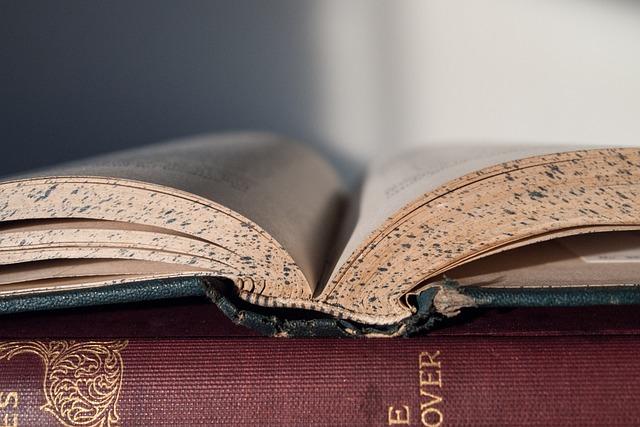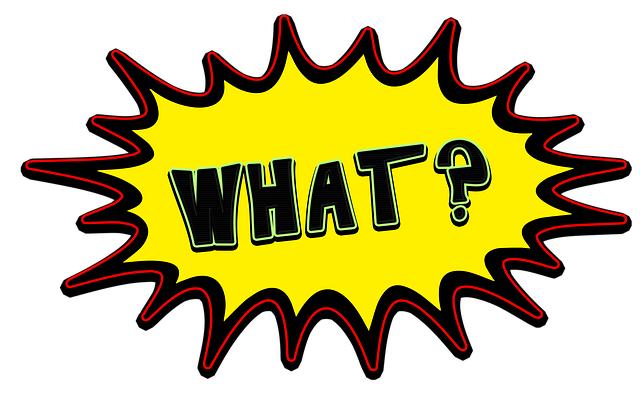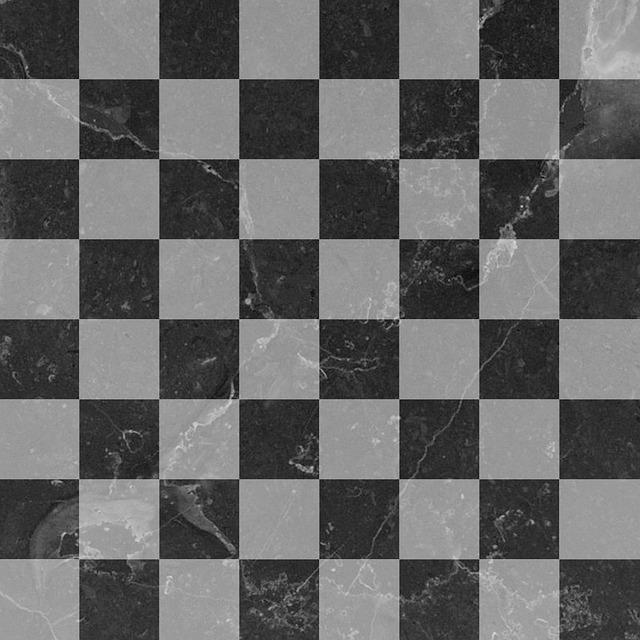- Introduction
- The Importance of Academic Integrity
- Understanding Plagiarism
- How Plagiarism Checkers Work
- Top Free Plagiarism Checkers Available
- Conclusion
- FAQs
Introduction
In the world of academia, maintaining integrity is paramount. This article will delve into various important aspects of academic integrity starting with its significance and the consequences of violating it. We will gain insights into what constitutes plagiarism, how different plagiarism checkers operate, and we will list some of the top free plagiarism checkers available today. By understanding these components, students, educators, and researchers alike can navigate the murky waters of academic writing with confidence.
The Importance of Academic Integrity

(Image: Pixabay/@MorningbirdPhoto)
Academic integrity refers to the ethical code in academia that promotes honesty and the avoidance of cheating in any form. It encompasses values such as trust, fairness, respect, responsibility, and courage. Upholding these ethics supports a community of trust where knowledge thrives and individuals are judged on their effort and originality.
The repercussions of breaching academic integrity are severe, ranging from failure in a course to expulsion from an institution. In addition to personal ramifications, dishonesty can tarnish the credibility of the institution and devalue the degrees awarded by it. Therefore, understanding the importance of academic integrity is crucial for students and faculty alike.
Furthermore, fostering a culture of academic integrity encourages collaboration and enhances learning experiences. It boosts student motivation and drives genuine engagement in academic pursuits, thereby reinforcing the value of original thought and innovative idea-generation among students.
Besides moral and ethical considerations, academic integrity has a professional angle too. Employers today seek candidates who display strong ethical standards, so demonstrating such values early on can positively influence future employment opportunities.
Understanding Plagiarism

(Image: Pixabay/@TheDigitalArtist)
Plagiarism is the act of using someone else's work, ideas, or intellectual property without proper acknowledgment. It can range from directly copying text (word-for-word) to paraphrasing someone else's ideas and presenting them as one's own. Consequently, understanding different forms of plagiarism is essential not only to avoid penalties but also to create original content.
The types of plagiarism include self-plagiarism, accidental plagiarism, and mosaic plagiarism among others. Self-plagiarism occurs when a writer reuses their own previously written work without citation, while accidental plagiarism arises from negligence regarding proper citing. Mosaic plagiarism involves piecing together various sources, leading to unclear boundaries between original writing and borrowed ideas.
Plagiarism isn’t limited to written documents; it extends to visual and audio content as well, which means that images, videos, and music should also be cited if borrowed. In essence, maintaining vigilance about what constitutes plagiarism is vital in developing strong academic practices.
Quoting, paraphrasing, and summarizing are valid techniques for integrating external content into one’s work. By appropriately attributing sources, a student can maintain academic integrity while enhancing their arguments or adding depth to their writing.
How Plagiarism Checkers Work

(Image: Pixabay/@No-longer-here)
Plagiarism checkers function through a complex set of algorithms designed to scan submitted text and compare it to a vast database of existing literature, online publications, and previously submitted papers. Most programs also utilize web searches to track down instances of plagiarism across the internet.
The process typically begins when an individual uploads their document to the plagiarism checker. The tool then analyzes the submission for phrases, sentences, and ideas that match sources in its repository. If matches are found, the software highlights these sections and provides links to the original content for comparison.
Advanced plagiarism checkers also consider paraphrasing and context, employing Natural Language Processing (NLP) technology to enhance their detection capabilities. Thus, while a simple phrase might not match exactly, these sophisticated systems catch manipulations in wording or the structure meant to disguise plagiarism.
Once the analysis is complete, users receive a report detailing the percentage of matched content along with corresponding sources found in the database. Understanding how these tools work not only aids in assessing the risk of plagiarism but also helps improve writing skills over time through positive reinforcement.
Top Free Plagiarism Checkers Available

(Image: Pixabay/@Yolanda_Jost)
There are numerous free plagiarism checkers available that cater to various needs. Below are some of the most popular options:
1. Grammarly: While primarily known as a grammar checker, Grammarly includes a reliable plagiarism detection feature integrated into its premium version. The free version provides writing suggestions that aid the writing process.
2. Quetext: Quetext offers in-depth plagiarism detection using a powerful algorithm that checks against millions of sources online. Its free version features a limited word count but allows for multiple scans.
3. PaperRater: This web-based tool analyzes documents for grammar issues and plagiarism. It provides insightful feedback on writing style and readability, making it ideal for students looking to improve their writing.
4. Small SEO Tools Plagiarism Checker: This easy-to-use tool allows users to check text up to 1000 words at a time. It scans various online databases and generates a comprehensive report of similar content found.
5. Plagscan: A user-friendly online tool that is popular among educators and institutions, Plagscan ensures that all detected instances create an immediate alert so that the writer can make necessary adjustments to their work.
6. DupliChecker: This tool is free and allows the user to check for plagiarism easily by simply pasting text or uploading documents for analysis. It supports various file formats and returns instant results.
Each of these tools possesses strengths and weaknesses, but they collectively contribute significantly to promoting academic integrity by assisting writers in ensuring their work is original and properly cited.
Conclusion
Maintaining academic integrity is integral in today's educational landscape. Understanding plagiarism and utilizing timely and effective plagiarism checkers can help mitigate risks associated with violating integrity standards. By taking proactive steps and incorporating reliable resources, students and educators can embrace originality and ensure the authenticity of their academic contributions.
FAQs
What is the difference between plagiarism and copyright infringement?
Plagiarism refers to presenting someone else’s work as one’s own without proper attribution, regardless of copyright status. Copyright infringement involves legally protected work being used without permission from the copyright holder.
Are plagiarism checkers infallible?
No, while advanced plagiarism checkers provide a great level of accuracy, they are not foolproof. They serve as a guide and should be supplemented with individual judgment and proper attribution practices.
Can I plagiarize my own work?
Yes, but it may still be considered self-plagiarism, which happens when you reuse substantial parts of your previously published work without citing it, possibly impacting your academic integrity.
How often should I check my work for plagiarism?
It's advisable to check for plagiarism at various stages of your writing process, especially before submitting final drafts, to ensure that all sources are correctly credited and that your work meets academic standards.
